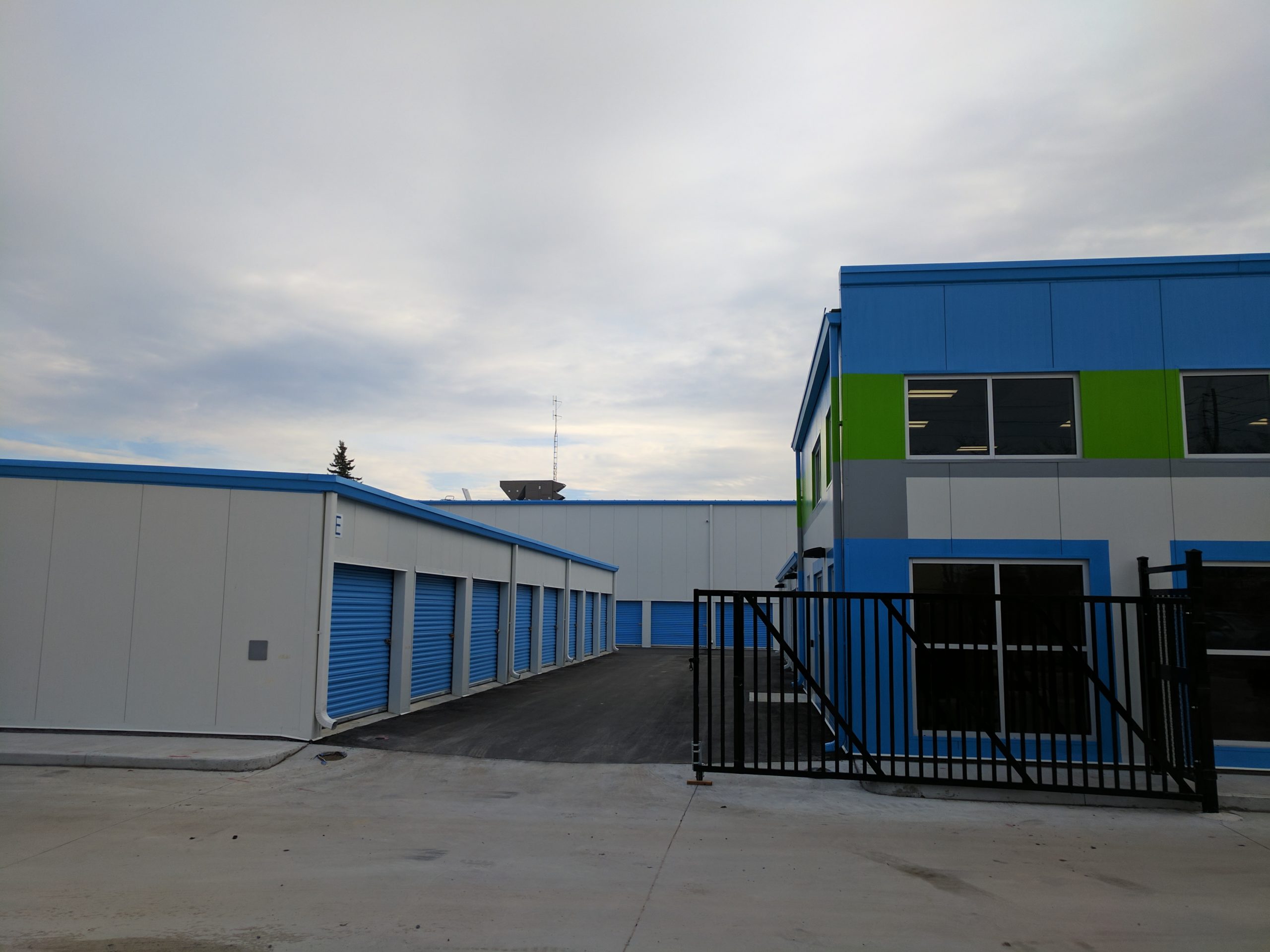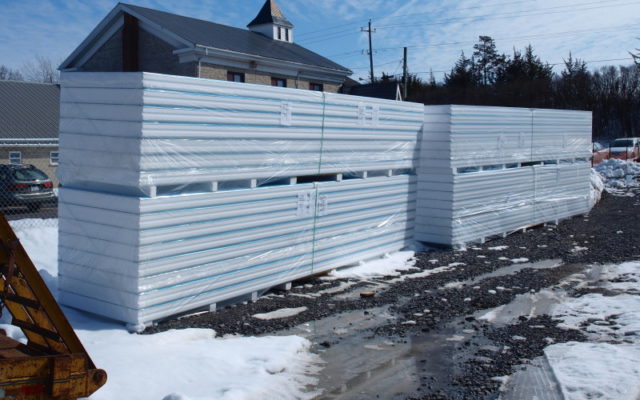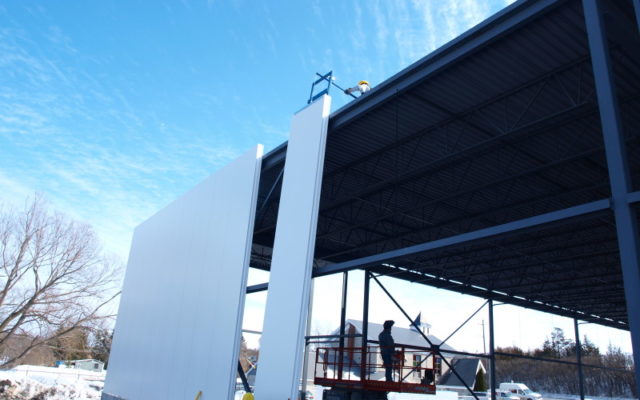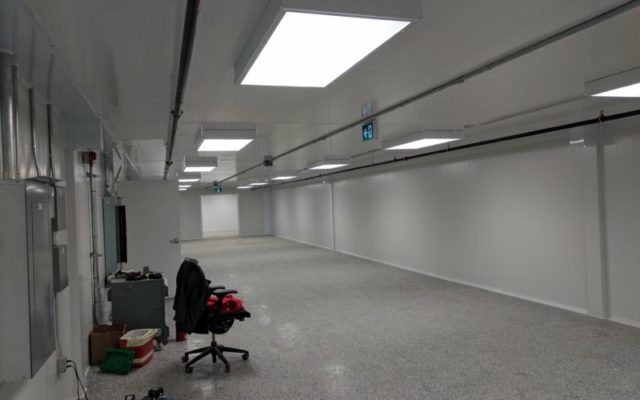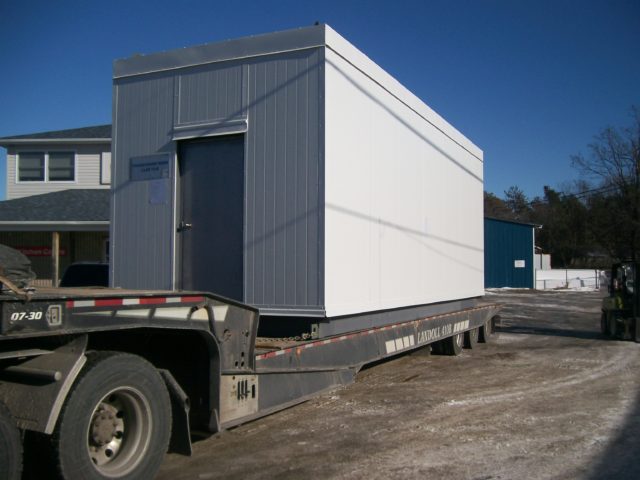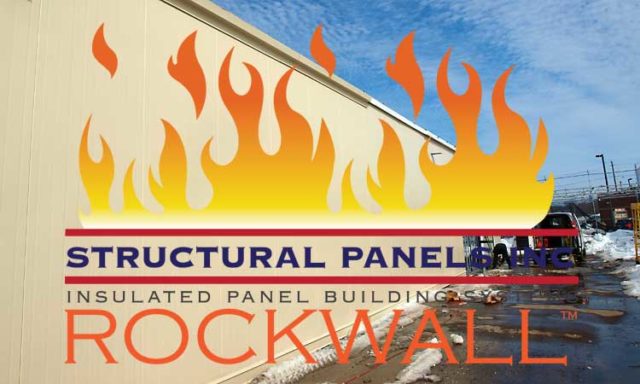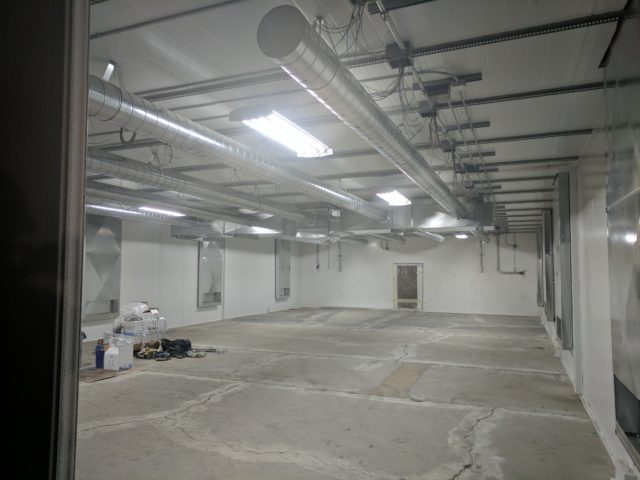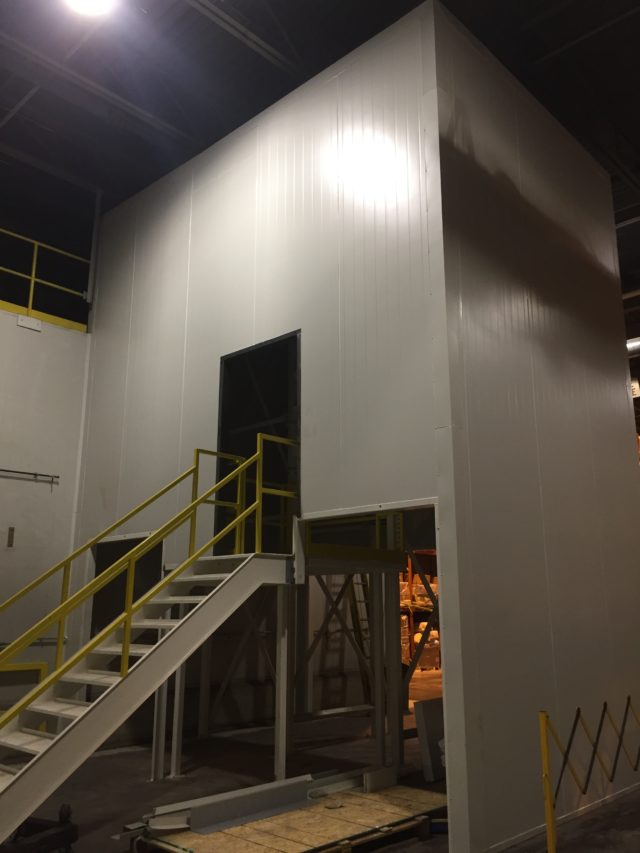-
Headquarters -
4741 County Road 45 N, Baltimore, Ontario, K0K 1C0
-
Year established -
1987
-
NAICS -
332311 - Prefabricated metal building and component manufacturing
-
Major expansions -
1994
-
Employees -
17
-
Exports -
US, Mexico, Cuba
-
Download -
Structural Panels
Structural Panels is a manufacturer of high-quality, steel-skinned, insulated sandwich panels that are ideal for walls, partitions and ceilings.
Structural Panels Inc. (SPI) is a Baltimore, Ontario-based manufacturer of high-quality, steel-skinned insulated sandwich panels that are ideal for walls, partitions, ceilings, and value-added projects. With its mission to provide its clients with customized products, solutions, and support for all their building needs, SPI has experienced substantial success, especially since it is the only company in the region of its nature, size, and age.
SPI is an all-Canadian, family-owned and -operated company, with Lee Rogers and his brother Kyle running day-to-day operations, and their late father’s wife acting as the company’s chief executive officer. The firm’s long history began in 1987, when SPI was founded as Isowall Inc., a division of Laird Plastics. The Rogers family first became involved in the company when Lee’s father was asked to manage the Isowall division. Several years later, Lee’s father bought out the company and it became a sole proprietorship. During this period, SPI moved from its Toronto location to Baltimore (its third location), where the company is currently located.
Initially, SPI established itself by manufacturing Isowall® panels, designed for architectural applications where thermal efficiency and/or a controlled atmosphere is required. Use of these panels began in the food and food services industries as Canada’s Food Production and Inspection Branch (now the Canadian Food Inspection Agency (CFIA)) approved the use of Isowall® panels. Over the years, Isowall® panels have continued to meet and exceed CFIA criteria, making this product the primary choice for projects where insulating, sanitary, and/or washable walls or ceilings are required.
After building its reputation as a premium manufacturer of insulation panels, SPI decided to expand its product line with the development of Rockwall™ panels in 1997. The company created the product in response to the demand for a fire-resistant, aesthetic, high-performance, steel-faced building or wall system at the time, as well as a future growth in demand due to increased building regulations. Both Isowall® and Rockwall™ panels are now recognized as industry-leading panels. To further address customer needs, SPI has also developed a comprehensive line of standard and custom accessories to complete installation of both Isowall® and Rockwall™ panels in order to ensure a consistent aesthetic appearance.
SPI performs R&D internally with the aid of NorthBridge Consultants, committing approximately 1–2 per cent of revenue to research and development (R&D) annually. Rather than dedicating the majority of R&D funds to product development, SPI uses most of this funding to find operational problems and solutions within its current production systems. NorthBridge Consultants offer solutions that are then implemented by SPI staff. SPI is continuously looking to improve operations, and is currently working on nine R&D improvement projects. The firm uses the Canadian government’s Scientific Research and Experimental Development (SR&ED) Tax Incentive program to help cover half the cost of its various projects.
SPI separates its business into three categories: industrial, commercial, and residential, which represent 65, 33, and 2 per cent of its sales, respectively. The company’s customer mix is comprised of architects, general contractors, building owners, food and food service business owners, mining companies, restaurants, storage companies, engineers, facility designers, retail establishments, and “do-it-yourselfers.” In the past, SPI’s sales were seasonal but in recent history, sales have been more consistent throughout the year.
The niche market that SPI competes in encompasses only 30 companies worldwide, but the threat of competition still exists. SPI differentiates itself from its large competitors (e.g., Metl-Span, Kingspan, and Norbec) by keeping a “small company and family values” mentality at the forefront of its business model. Some of the initiatives executed to maintain this mentality include providing quick turnaround times and extensive one-on-one post-sale support to those who need it.
In this way, Lee proudly emphasizes, when customers call more than once, they get to know the whole SPI team and do not “fall down the cracks.”
SPI truly values its customers and places great importance on addressing their needs. To this end, SPI has spent the past two years revamping its website’s structure and makeup. The renovation has resulted in numerous changes made to address specific customer concerns, such as making documents easier to access and creating a “frequently asked questions” section for customers to self-educate. The website has also been mobile optimized so customers can contact SPI and conduct research with even more speed, ease, and convenience.
As noted, SPI differentiates itself by providing quick turnaround times of two to three weeks—about half the time of its direct competitors. The company is able to do so by utilizing manual scheduling, as well as generally operating at 75 per cent capacity. Because of these efforts, SPI can accommodate urgent orders for quick delivery while maintaining its premium quality and handle peaks in demand without compromising its promised quick turnaround times. An efficient production process also aids in the firm’s fast turnaround times. With effective production planning, SPI is able to optimize panel output every day.
Even with these quick turnaround times, quality is not sacrificed: SPI performs numerous quality-management procedures. Three tearback tests are conducted for each batch run to ensure full adhesion, as well as fit tests and visual inspections of the steel. Another procedure, referred to as a time test, involves leaving panels in the yard overnight with another tearback conducted the next day as a final test of the shipment’s quality.
Factory employees are essential to SPI’s production process because they are directly responsible for the quality of each panel. Lee is in charge of hiring, and he states that no formal education is needed. However, he does prefer that employees be mechanically inclined and have prior forklift training or experience as these two skills are on display daily in the factory.
SPI partners with educational institutions to develop talent outside and within the company. The firm currently employs a co-op student from Port Hope High School who is involved with the manufacturing process. In addition, SPI recently partnered with Fleming College for the development of its manufacturing efficiency program, in which workers attended sessions to learn how to manage a factory and reduce waste more efficiently. The end of the program required participating workers to implement solutions to make their factory more productive and less wasteful.
No industry is without challenges, and material prices represent a significant challenge for SPI. Material prices can increase quickly and unexpectedly, and stay up for months at a time. Prices may also decrease as suddenly as they increased, making it difficult for SPI to determine when to adjust its own prices to customers. SPI values its customers and seeks to provide fair prices while remaining profitable; therefore, creating a business plan that incorporates these volatile prices poses an ongoing difficulty.
At the same time, SPI’s sales and customer demand are increasing year after year with continuous growth expected for the future. The company is actively working on expanding its product line, with a new panel model and steel accessories expected to be available in the next year or two. Current industry trends also favour SPI’s growth as more and more buildings (either those being constructed or renovated) are following specifications that call for a fire rating and/or continuous insulation to meet their standards. Moreover, the company is not operating at 100 per cent capacity, and has the ability/space to expand with a second machine if required. Clearly, SPI is poised for growth.
For more information about Structural Panels, visit their website.
Published: June 27, 2017
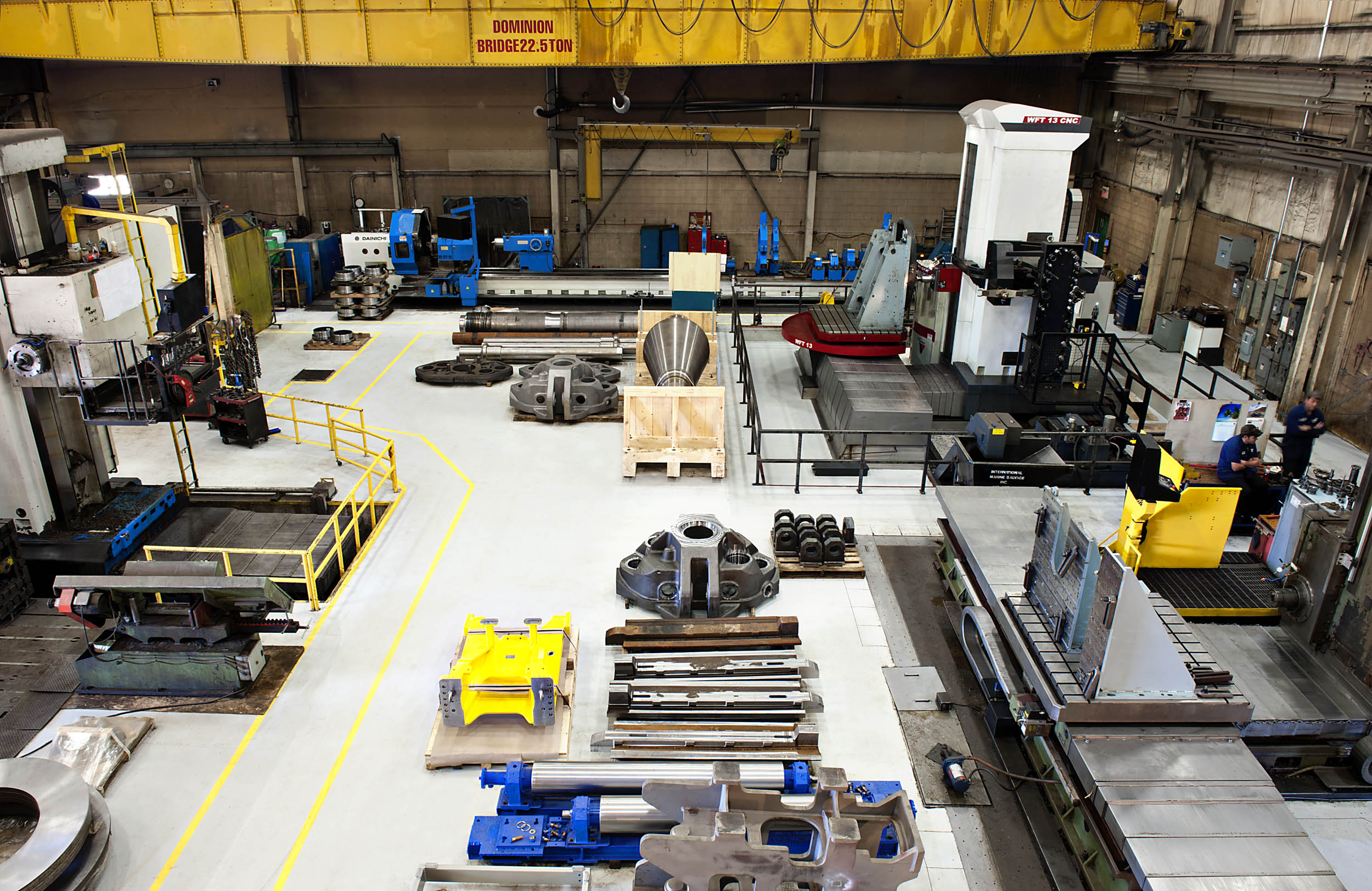
CMI Heavy Industries
CMI Heavy Industries is a leading provider of heavy fabricated, forged and cast machined components and assemblies.

J&S Manufacturing
J&S Manufacturing is a mining equipment manufacturer, with in-house design capabilities that allow the firm to manufacture mobile equipment as well as technical custom equipment. The company’s motto is “Built to Perform”.

Timberland Equipment
Timberland Equipment is a global leader in the integrated design, manufacture and support of engineered winches, hoists, sheaves, derricks and tensioning equipment for the world’s most challenging infrastructure and capital equipment projects.
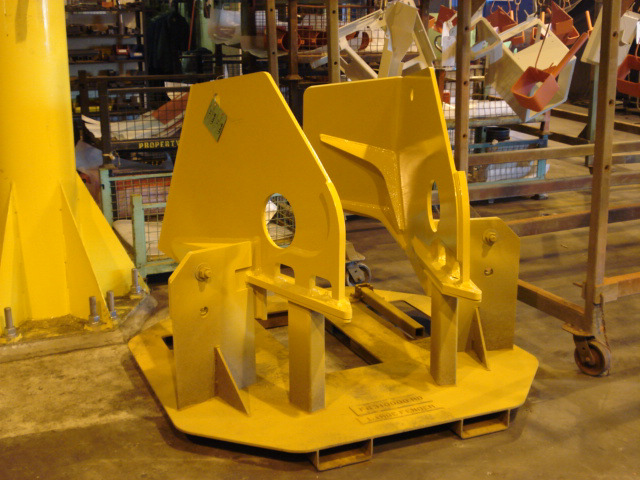
Industrial Parts Manufacturing
Industrial Parts Manufacturing specializes in CNC machining, general machining, welding and fabricating.
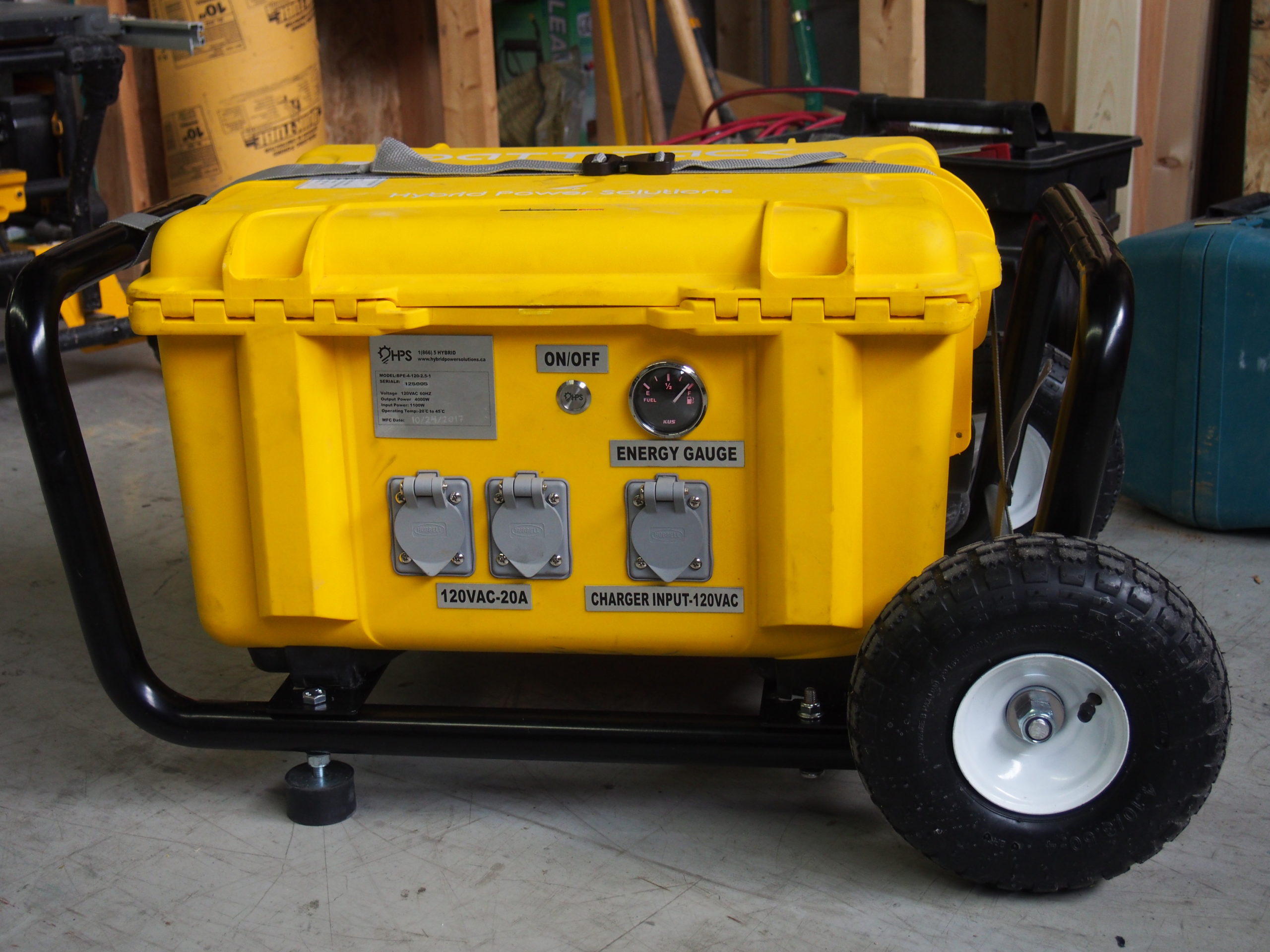
Hybrid Power Solutions
Hybrid Power Solutions produces portable battery systems and customized energy solutions for a variety of industrial markets.
